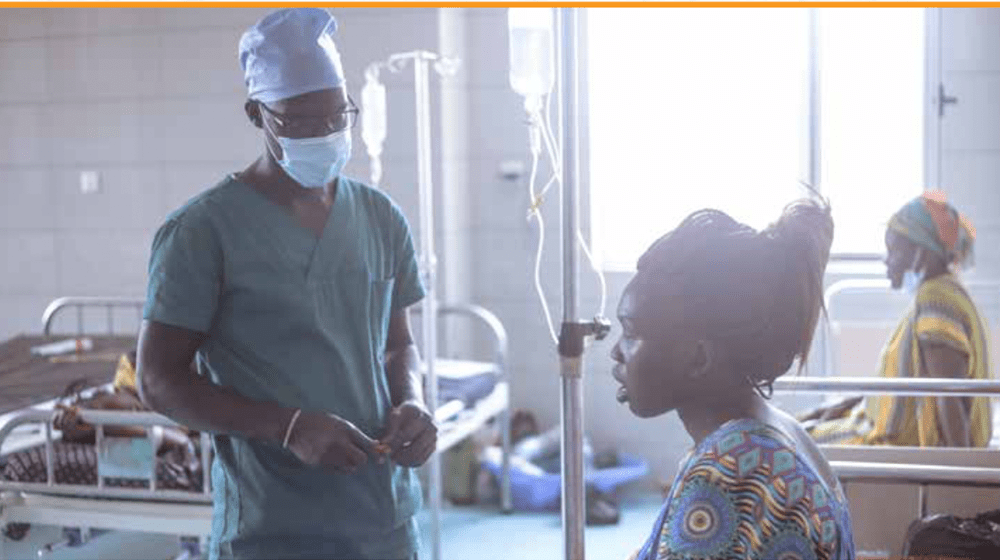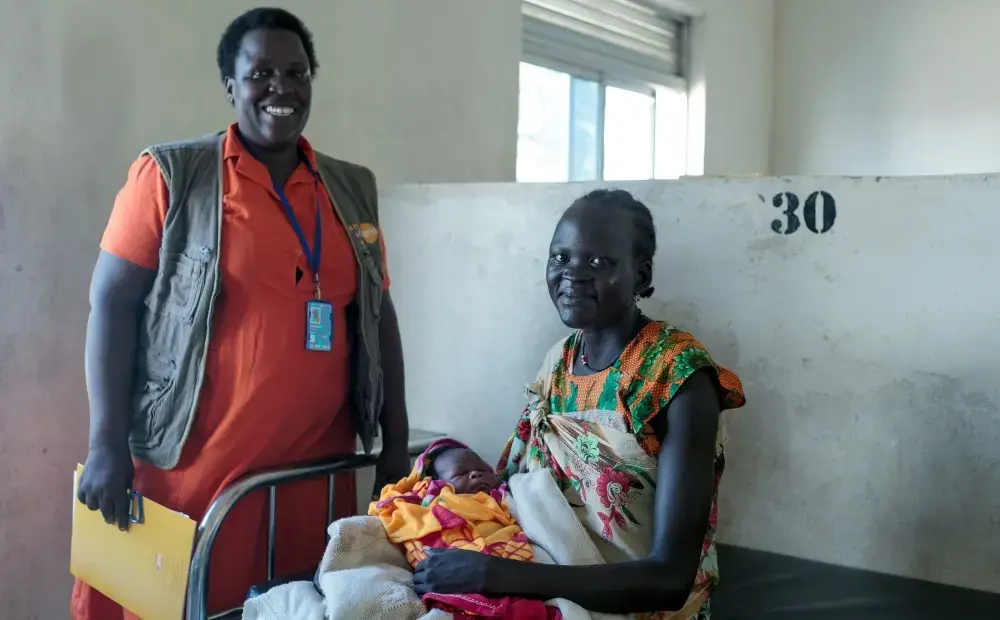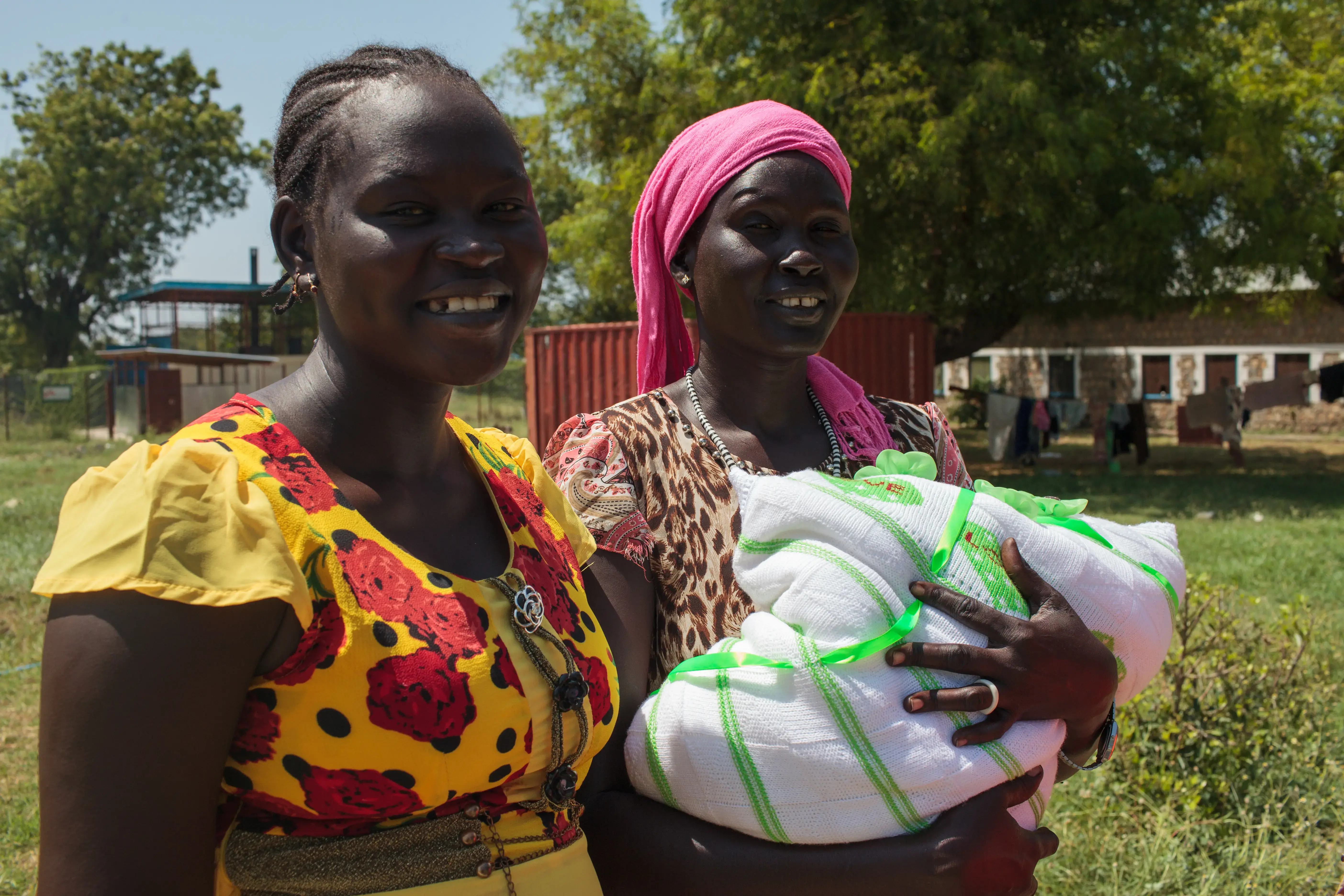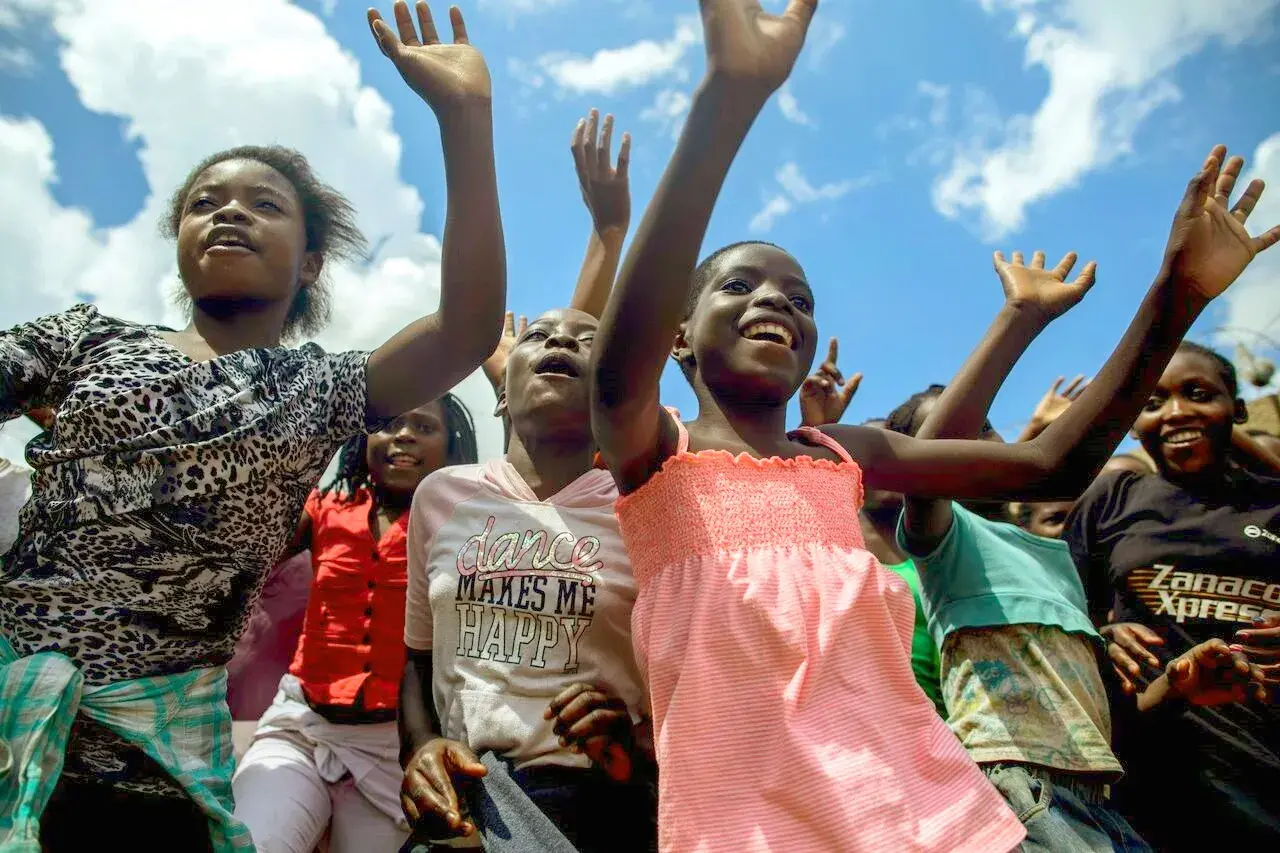In South Sudan, several women and children bear the substantial burden and impact of conflict and instability across the country. There is a significant increase in the number of people living in humani- tarian and fragile settings. Access to essential sexual, reproductive, maternal, newborn, and adolescent healthcare is limited in these settings.The role of midwives and nurses in provision of these services is crucial for improved health and sus- tainable development. Midwives in particular save lives and care for pregnant women, mothers, and newborns. However, Inadequate midwifery staff, lack of necessary support including limited in-service training opportunities, stock out of essential medicines all hinder their efforts to provide quality services.
Muja Stella Simon, is a 36-year-old compassionate registered midwife from International Medical Corps (IMC) in Juba – Internally displaced persons camp 3. Muja has been working with IMC since 2013 in Maban, Upper Nile State. She drew her inspiration from a midwife who helped deliver her baby.
“I conceived at a tender age, and I was amazed by the care given to me by the midwife when I gave birth to my first child. Since then, I vowed to help extend the same services to others because I admired the midwife’s passion and love in caring for pregnant women, mothers and newborn.”
After the conflict that broke out in 2013, Muja was relocated to work in IMC’s health facility supported by UNFPA in POC 3 in Juba. This is one of the two health facilities run by IMC in the Internally displaced persons camp, both supported by UNFPA with funding from Norway, Sweden, and Japan. These facil- ities provide maternity services, antenatal, postnatal care, family planning, CMR, HIV and treatment of Sexually Transmitted Infections (STIs) services and health education to over 30,000 women and girls in the Internally displaced persons camp and host community. Her compassion and role in the health facility contributed significantly to reduced morbidity and mortality rates among women and children in the POC. Through the health education and awareness raising sessions, a lot of women are now en- couraged to seek antenatal care at the facility as well as access to family planning services.





